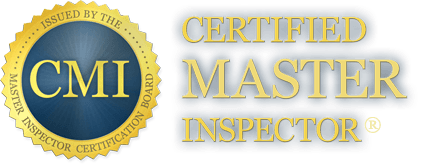Hot Inspection Leads are Sitting on the Kitchen Counter
The Hottest Leads for Home Inspectors Are Sitting on the Kitchen Counter
by Nick Gromicko
Here’s a hot tip to get some hot leads before they cool off, and you can capture them while you’re at your next inspection appointment.
While you’re onsite, you may notice business cards that have been left on the kitchen counter by real estate agents who have shown the house to their home-buying clients. Don’t take any of them, but do take a picture of them so that you can collect their contact information.
Later, email and snail-mail each agent your business card and brochure. These agents are representing actual active home-buying clients in your local market who are about to hire a home inspector, and a lead doesn’t get any hotter than that. Work those leads!
Be sure to note in your marketing pieces that you provide both buyers’ inspections and sellers’ inspections, since many agents represent both buyers and sellers – sometimes simultaneously — and you don’t want to leave any money on the table, should the buyer also have a home to sell.
Also, don’t reference the address of the home you inspected in your email or snail-mailed letter. Here’s why. It could harm your client’s position even without revealing their identity through their home address. A real estate deal isn’t final until it closes. Up until then, the seller and your client are still negotiating things, including what you found and reported in your inspection report. By alerting all the agents with competing buyers that the seller accepted an offer contingent upon an inspection, a savvy agent could put in a competing backup offer without an inspection contingency, causing the seller to negotiate harder with your client, or — worse –reject your client’s request for repairs in hopes your client walks away from the deal altogether.
Not only is it essential that you keep the contents of your inspection report confidential, but the fact that you’re doing an inspection at a certain address at all should also be kept confidential for many reasons, including the one cited above.
Many thanks to Preston Sandlin for this article idea.
